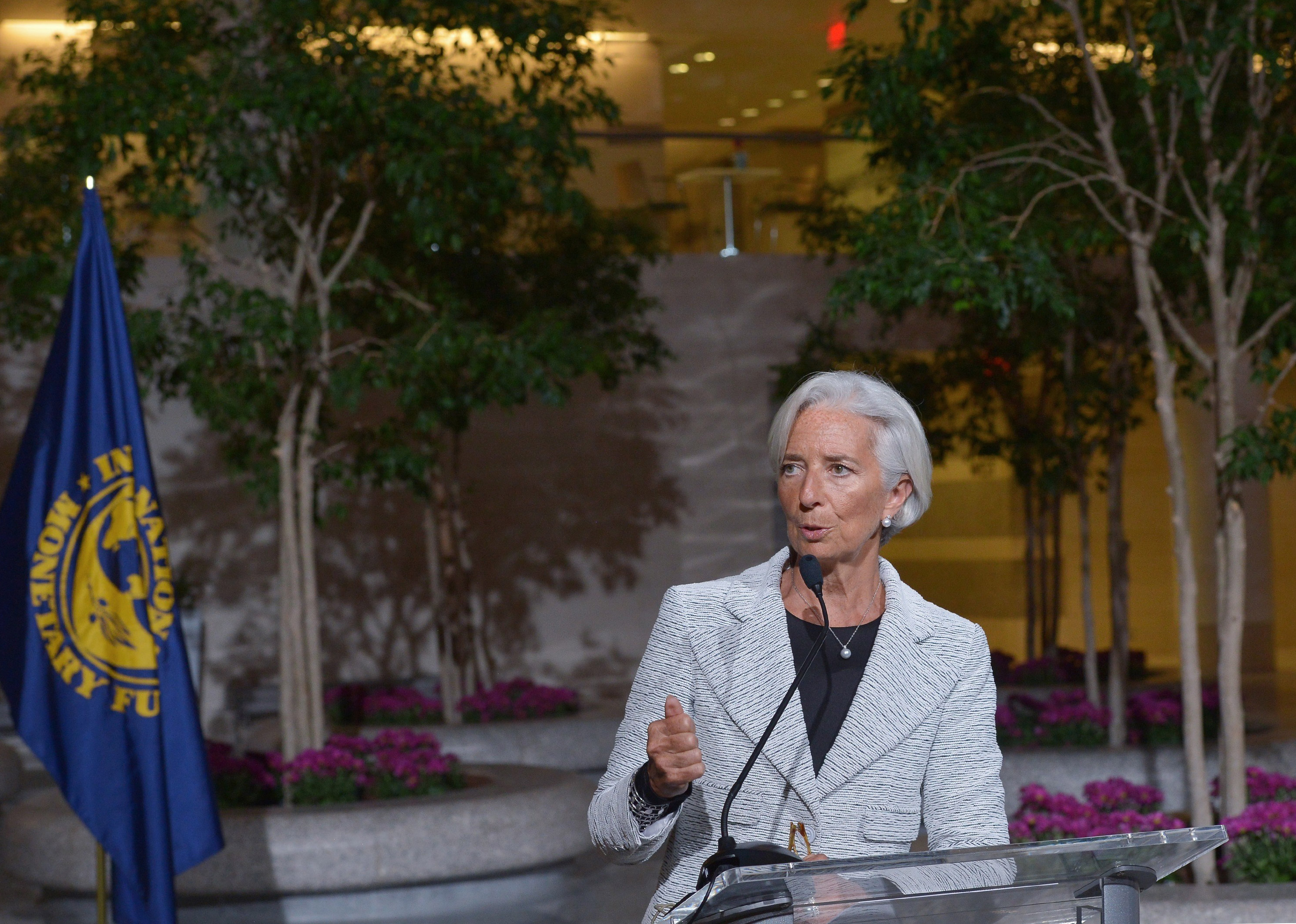
The IMF has signed off on a two-year Stand-By Arrangement (SBA) for Ukraine, provided that authorities there agree to implement far-reaching economic reforms. The bailout package, which amounts to $17bn in total, was approved under the fund’s exceptional access policy, and enables the immediate disbursement of approximately $3.19bn.
“Deep-seated vulnerabilities – together with political shocks – have led to a major crisis in Ukraine. The economy is in recession, fiscal balances have deteriorated, and the financial sector is under significant stress,” said the IMF’s Managing Director Christine Lagarde in a press conference after the announcement.
[T]he package hinges on Ukraine’s capacity to instruct strict economic reforms, including further energy price and tax hikes
Of the initial $3.19bn handout, $2bn will be put towards supporting the budget, which has so far proven to be entirely inadequate amid on-going political and economic turmoil.
Regardless, Ukraine has taken pains to implement strict economic reforms these past few weeks, among the most impressive so far being a minimum wage freeze and a gas price rise of 50 percent, in order to secure monetary aid. Whereas Russia, in December of last year, agreed to a $15bn bailout for Ukraine, the package was quickly withdrawn after a stream of protests forced the pro-Russian President Viktor Yanukovych’s from his seat.
The $17bn sum gifted by the IMF will not come without sacrifice, however, and the package hinges on Ukraine’s capacity to instruct strict economic reforms, including further energy price and tax hikes. The bailout conditions will no doubt prove highly unpopular with the population, whose finances are already strained owing to macroeconomic and geopolitical instability. Nonetheless, the continuance of the two-year deal rests on the country’s capacity to reassure its citizens of the long-term benefits to be had.
“The authorities’ economic program supported by the Fund aims to restore macroeconomic stability, strengthen economic governance and transparency, and launch sound and sustainable economic growth, while protecting the most vulnerable,” wrote the IMF in a statement.
The IMF’s board will from hereon meet every two months to discuss the program’s effectiveness, as well as the degree by which the country is sticking to the conditions stipulated in the contract.

